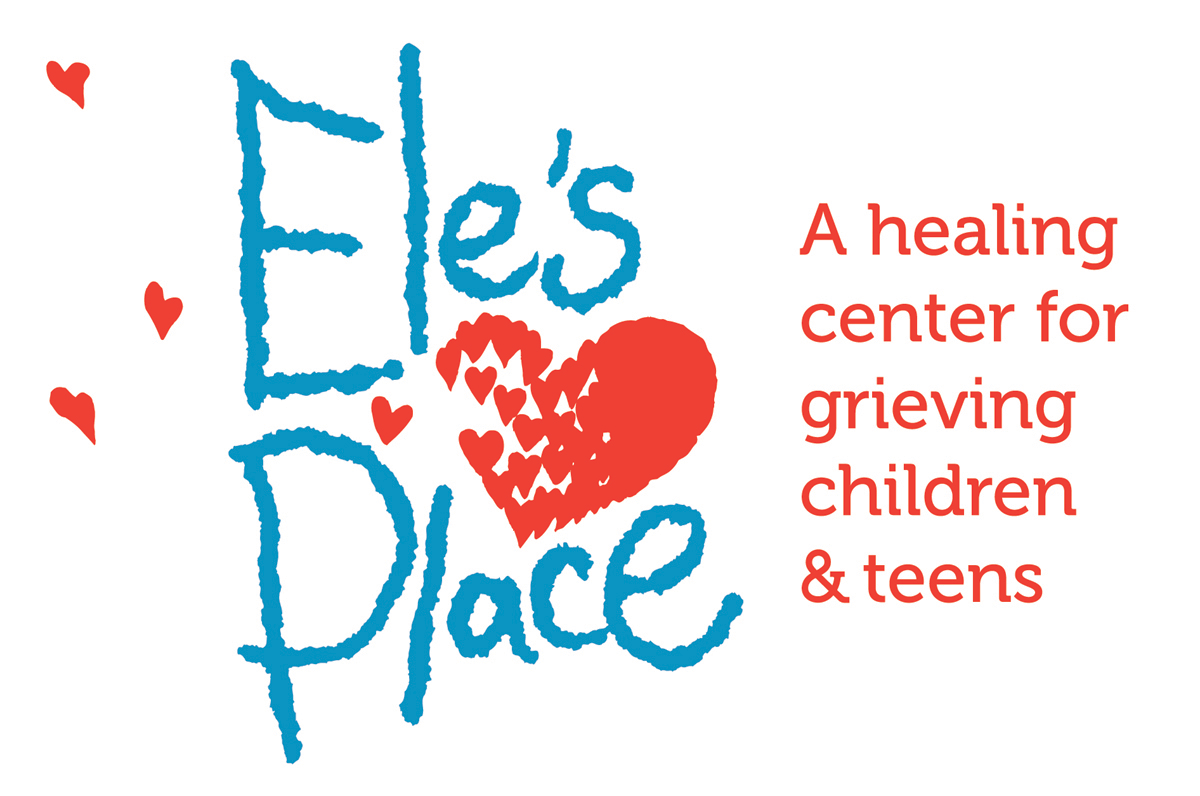Just for Teens
Someone Has Died
You’ve lost someone special. Words can’t describe the experience. It’s hard to talk, hard to think, hard to get out of bed sometimes. And it’s impossible to understand unless you’re living it. Which is why so many people feel so alone with death.
You don’t have to. Other people your age are living with the same thing. Talking to them can make a big difference. It won’t stop the pain, but it might make it easier to live with.
Many feelings, some scary, some confusing, some even happy, may run through your brain after the death of someone you love. Feeling sad, tired, angry, hurt, numb, angry, frustrated, scared, guilty or empty is very normal. It may take several weeks or even months before you start to feel "sad" – other feelings, or a feeling that you should "look" sad, may take over before the sad feeling starts. You might have trouble eating or sleeping, or not want to do the things you used to enjoy. This is normal, too. The important thing to remember is that you are not alone. In our country, 9 out of 10 people will have experienced the death of a person significant to them before they turn 18. As you learn to navigate life after the death of your loved one, it can be helpful to talk with others your own age about experiences you have had or feelings you are having since your loved one died.
Just remember: ALL feelings are okay, but if you ever think you might hurt yourself or someone else, you need to talk to an adult you trust right away. If you feel completely alone, please call the National Suicide Hotline to talk to a counselor at 1-800-273-TALK.
Please read on for some common topics Ele's Place has discussed with other grieving teens.
Q: Since my brother died, I don’t feel like anyone understands me. I don’t want to go to school and pretend things are normal.
A: You’re not the same person you used to be. Your brother’s death has changed you, and it might take a while to get used to yourself again. Take it slowly, and try to keep your routine as normal as possible, but don’t bother pretending. It’s too much work. Just tell other people exactly what you need and be the person you feel like being. It might also help to talk about your memories with others or write them down somewhere. Just getting them out usually helps.
Q: Sometimes I think about hurting myself. What should I do?
A: Grief can be very painful, but if you’re thinking about hurting yourself, you need to talk about it with a parent or other adult. You’re not alone-help is there for you. If you feel like you have no one to talk to and are having thoughts to hurt yourself, please call the National Suicide Hotline at 1-800-273-TALK.
Q: My dad died and I haven’t even cried. In fact, I’m angry all the time. What’s up with that?
A: Lots of people feel angry when somebody close to them dies. They’re not angry at anybody in particular, just angry. That’s because death is intense, and it causes intense feelings. The trick is to understand and accept the anger, and to let it out in ways that won’t hurt you or somebody else. If you try and you just can’t control it, you need to talk to an adult you trust.
Q: The day my best friend died she and I had a huge fight. I know it’s not my fault she died, but I feel so guilty. How will I get past it?
A: Regret for what was said or done (or not said or done) is a normal but painful part of grief. It usually helps to talk to someone you trust, keep a journal or do something physical or creative. Eventually your heart will accept what your head already knows - that you’re not at fault.
Q: It’s been two years since my mom died and I thought I was doing better, but it seems like I still can’t enjoy the holidays or my birthday. Will I ever get over it?
A: Grief isn’t something you ever totally get over, but it does become less intense over time. Still, most people have times when their grief bursts out and comes back as strong as ever. Grief can come out of the blue or be triggered by holidays or the anniversary of the death. It might help to plan ahead, to honor your memories on special occasions in a way that’s special to you.
“When my dad died, I was so angry and confused and empty-all at the same time”
– Joe 15
“At Ele’s Place there were people my age who were going through the same exact thing as me, and it was a relief to have friends that knew how I felt for once.”
– Katelyn 17
Support Groups
Ele’s Place offers support groups where you can share your feelings and memories with others your age who have had someone close to them die. It’s free and it's confidential, so whatever you talk about stays in group. As time goes by, you’ll probably find a strong connection to others in the group that you can’t find anywhere else.
Call Ele’s Place for more information
There may also be support groups held right at your school with students who feel just like you. Meeting with them can help. Ele’s Group meets during school hours and it’s confidential-names of members and what is said in the group are never shared with outsiders. Ask your school counselor or social worker for information on how to join.
If you ever feel that you are in danger of harming yourself, please call the National Suicide Prevention Hotline at 800-273-TALK (8255). The hotline is staffed with caring individuals 24 hours a day, 7 days a week.
